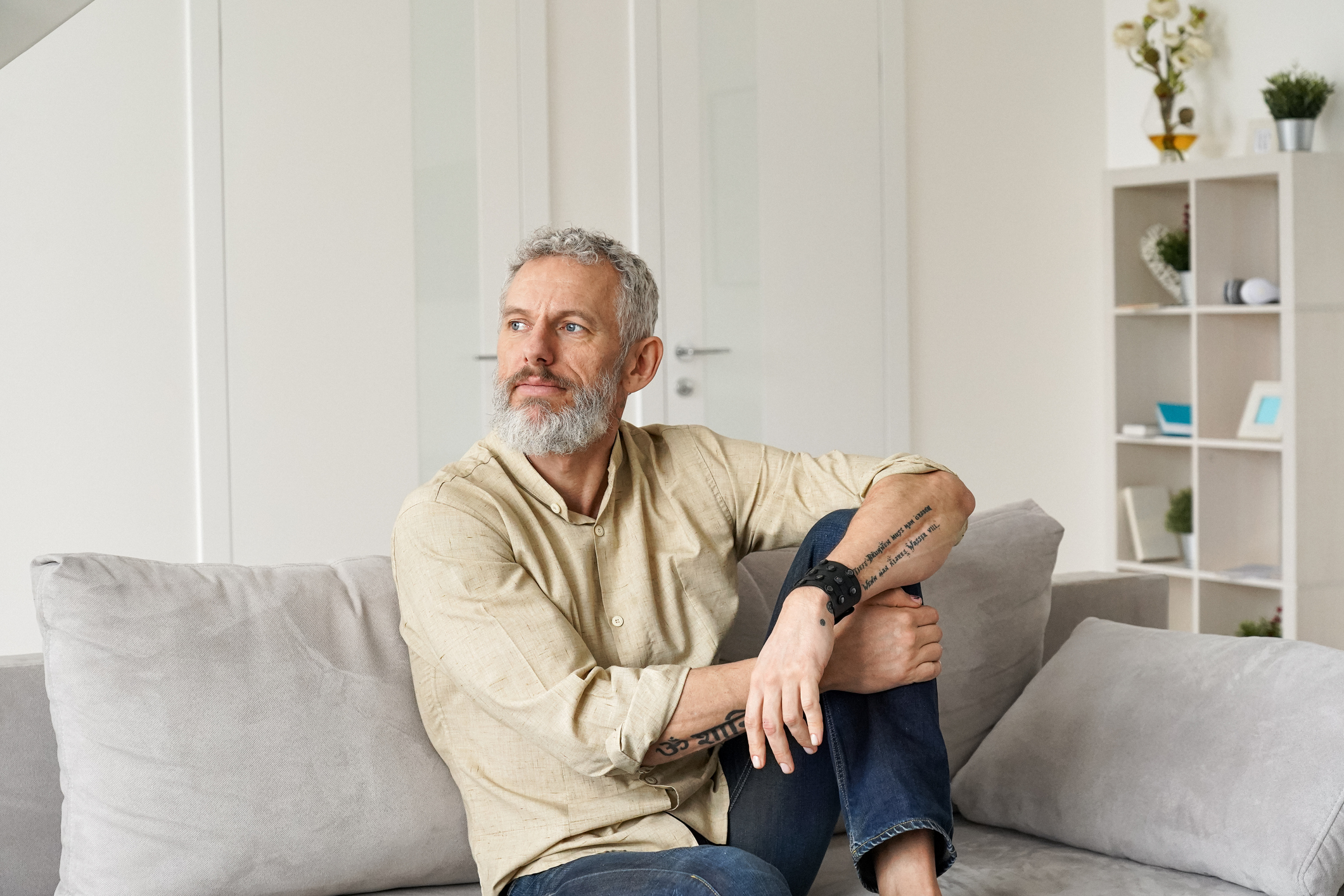Get Easy Health Digest™ in your inbox and don’t miss a thing when you subscribe today. Plus, get the free bonus report, Mother Nature’s Tips, Tricks and Remedies for Cholesterol, Blood Pressure & Blood Sugar as my way of saying welcome to the community!
Just 8 hours of loneliness triggers dangerous inflammation

Obesity. Smoking. Lack of physical activity. No one would question that these are threats to our health.
But loneliness?
Ask our Surgeon General whether loneliness is a health problem.
A Surgeon General’s Advisory is a public statement reserved for a significant public health challenge that requires the nation’s immediate awareness and action.
Here’s what our Surgeon General, Dr. Vivek Murthy, had to say about loneliness in his 2023 Advisory:
“Loneliness is far more than just a bad feeling — it harms both individual and societal health. It is associated with a greater risk of cardiovascular disease, dementia, stroke, depression, anxiety, and premature death. The mortality impact of being socially disconnected is similar to that caused by smoking up to 15 cigarettes a day and even greater than that associated with obesity and physical inactivity.”
For some of us, just eight hours of loneliness may be enough to have a negative impact…
A “hunger” for social contact
Scientists at the University of Vienna propose that, just as our bodies react with hunger when we don’t eat, they also have a physiological reaction to loneliness.
Their “social homeostasis” hypothesis suggests that we have a dedicated system that automatically regulates our need for social contact and that when we’re “hungry” for social connection, our bodies react with lowered energy and fatigue.
But the problem with this, they propose, is that over time, this “adaptive” response becomes harmful, leading to various health problems and even early death.
8 hours of loneliness is just like starving
Scientists at the University of Vienna compared results of a lab study with results from a field experiment done during the lockdown in the spring of 2020.
In the lab study, 30 female volunteers spent three separate days of eight hours each: one day without social contact, one day without food, and one day without either one. Participants gave feedback on their stress, mood, and fatigue. Also, their heart rate and salivary cortisol levels were measured.
The field experiment involved 87 participants during the lockdown periods of April and May 2020. Each had spent at least eight hours in isolation and used a smartphone app to answer questions about their stress, mood, and fatigue.
“In the lab study, we found striking similarities between social isolation and food deprivation. Both states induced lowered energy and heightened fatigue, which is surprising given that food deprivation literally makes us lose energy, while social isolation would not,” says study authors Ana Stijovic and Paul Forbes.
“The fact that we see this effect even after a short period of social isolation suggests that low energy could be a ‘social homeostatic’ adaptive response, which in the long run can become maladaptive,” says psychologist Giorgia Silani, from the University of Vienna.
Previous research has provided evidence of a ‘feedback loop,’ where a lack of social engagement makes us less likely to want to get out into the world and make connections – a sort of loneliness spiral that’s increasingly hard to escape.
Given the fact that we already know how loneliness causes inflammation to go into overdrive, it’s a health problem that shouldn’t be ignored.
Beat the loneliness trap
Many people think of loneliness as the result of being isolated and not having a lot of contact with people, but this is not the case. There is an important distinction between loneliness and social isolation.
Social isolation means having few social connections or interactions. Loneliness, on the other hand, is a subjective experience.
A person feels lonely when there is a discrepancy between their actual and their desired level of social connection.
In other words, if you perceive yourself as socially disconnected, you will feel lonely.
Some people spend a lot of time alone but don’t feel lonely. Other people are surrounded by family and friends but feel terribly lonely.
If you are feeling lonely, don’t let it get to the point where you lose interest in seeking out social contact. That’s where the health troubles begin.
Volunteer. Start a new hobby. Join a book group. Learn meditation or tai chi. Invite a friend over for lunch.
You can beat the loneliness trap!
Editor’s note: There are perfectly safe and natural ways to decrease your risk of blood clots including the 25-cent vitamin, the nutrient that acts as a natural blood thinner and the powerful herb that helps clear plaque. To discover these and other secrets of long-lived hearts, click here for Hushed Up Natural Heart Cures and Common Misconceptions of Popular Heart Treatments!
Sources:
8 Hours of Loneliness Can Be as Draining For Some People as Going Without Food — Science Alert
Homeostatic Regulation of Energetic Arousal During Acute Social Isolation: Evidence From the Lab and the Field — Psychological Science
Tired of being alone: How social isolation impacts on our energy — Universitat Wien (University of Vienna)














